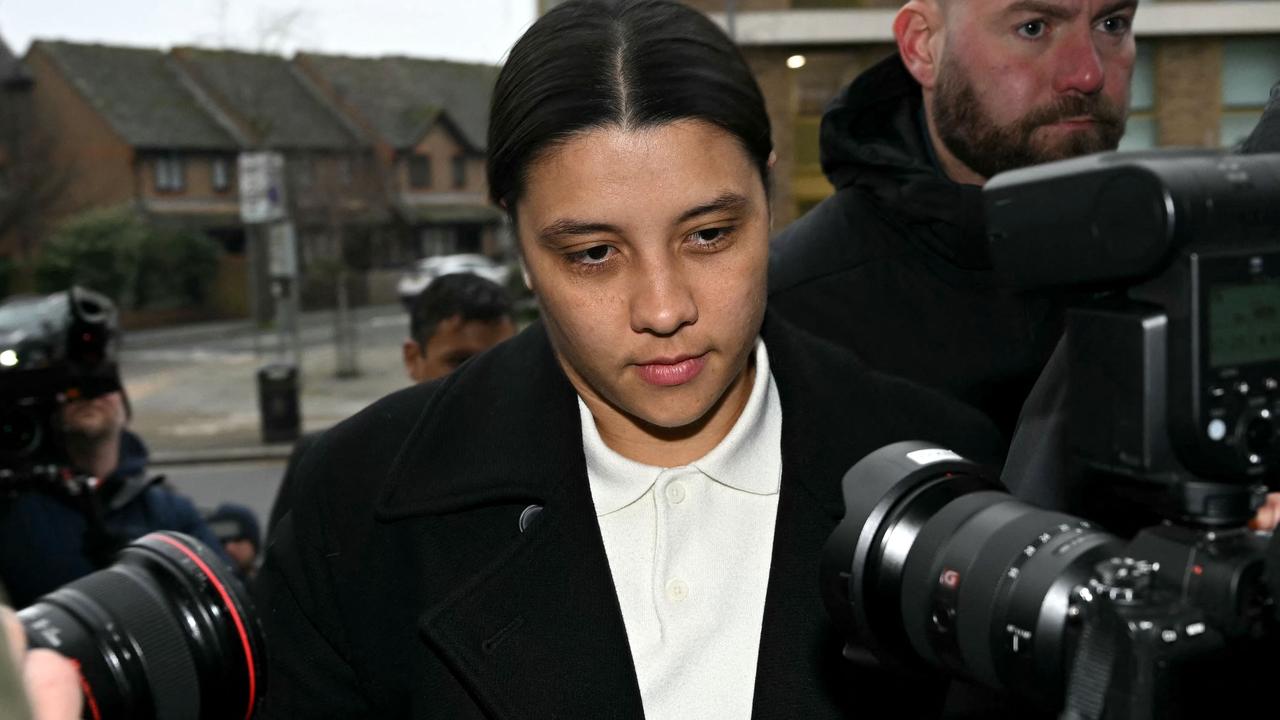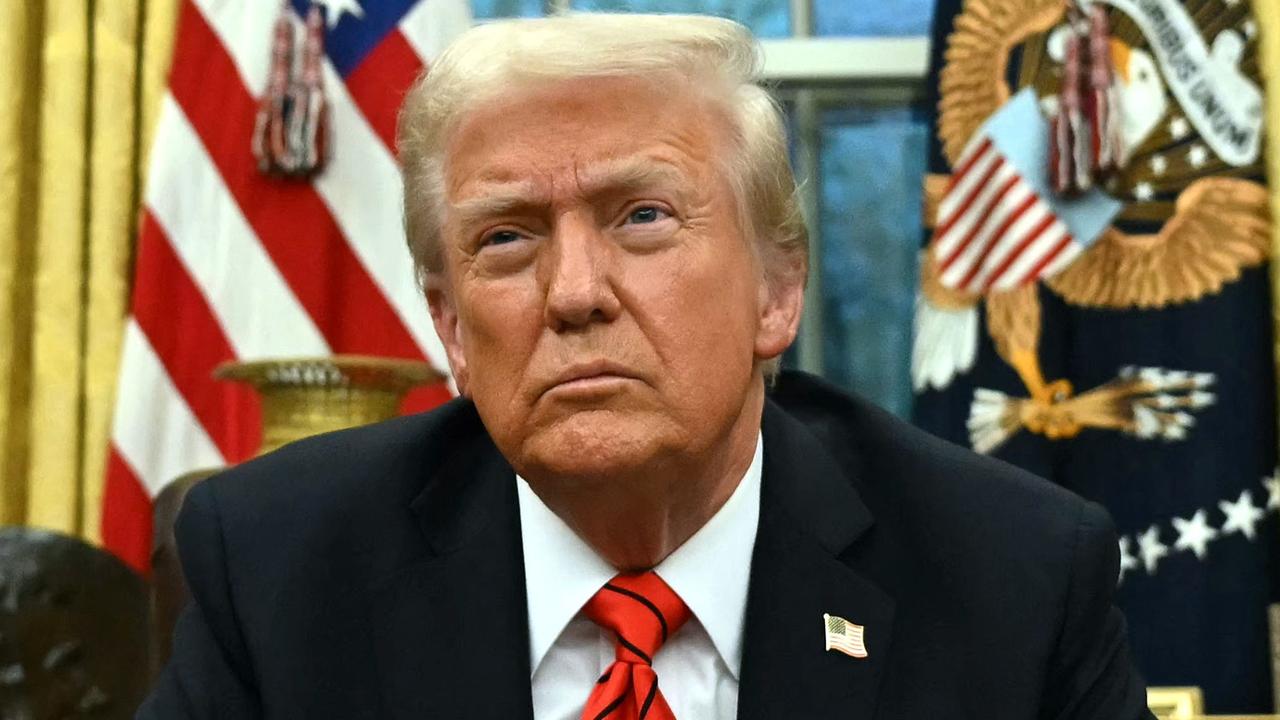Japan warns world about North Korea’s ‘serious threat’
North Korea posed a more serious threat to Japan’s national security than ‘ever before’, Tokyo said on Friday.

North Korea posed a more serious threat to Japan’s national security than “ever before”, Tokyo said on Friday as nuclear-armed Pyongyang rattles its neighbours with repeated missile tests and belligerent rhetoric.
In its annual white paper, Japan’s defence ministry made a case for a significant hike in domestic defence spending as the world enters “a new era of crisis”.
While China’s growing military might and Russia’s invasion of Ukraine were major focuses of the white paper, North Korea also ranked as a key concern for Japan.
“North Korea’s military activities pose an even more grave and imminent threat to Japan’s national security than ever before,” the document said.
“It is believed that North Korea has the ability to attack Japan with nuclear weapons fitted to ballistic missiles.”
The white paper, approved by the cabinet of Prime Minister Fumio Kishida on Friday morning, comes as North Korea ramps up the frequency of its missile tests.
North Korean state media on Thursday released photos of leader Kim Jong-un giving Russian Defence Minister Sergei Shoigu a tour of the country’s newest and most advanced weaponry, including intercontinental ballistic missiles and previously unseen military drones.
Russia, another historic ally of North Korea, is one of a handful of nations with which Pyongyang maintains friendly relations.
Kim has been steadfast in his support for Moscow’s invasion of Ukraine, including, Washington says, supplying rockets and missiles – a charge Pyongyang has denied.
Pyongyang’s recent weapons tests – the latest on Monday – come as Tokyo, Seoul and Washington increase military co-operation to counter the North’s growing nuclear threats and China’s influence in the region.
The white paper said China’s military activities posed “an unprecedented and the greatest strategic challenge” to Japan while reiterating that joint military drills with Russia were also a concern.
North Korea resumed some trade with China only last year and allowed new Beijing envoy Wang Yajun to take up his position this year. He is the first known senior diplomat to cross into North Korea since the border closure in January 2020.
China regularly sends government ships to islands in dispute with Tokyo while also conducting naval drills in waters including in the Pacific, raising alarm in Japan and area nations.
Beijing has not condemned Russia’s invasion of Ukraine, with many leading democracies fearing China may also move to aggressively take over Taiwan.
“The international community is facing its greatest trial since World War II and we have entered a new era of crisis,” Defence Minister Yasukazu Hamada said in the document.
The white paper reiterated Tokyo’s commitment to boost its military spending and capacity.
For decades, Japan has capped military spending at about 1 per cent of GDP. But late last year, Mr Kishida’s government approved a plan to increase defence spending to 2 per cent of GDP by fiscal year 2027, to bout 11 trillion yen ($120bn).
Highlighting the growing threat from North Korea, Kim invited high-ranking Russian and Chinese delegations – his first-known foreign guests since the start of the Covid-19 pandemic – to a parade marking the 70th anniversary of the Korean War armistice, which ended open hostilities and is celebrated as Victory Day.
This year’s celebration was “trying to send the US and its allies a signal that under the strengthened ties with Russia and China, North Korea is militarily ready to cope with strategic threats from its enemies”, Yangmo Ku, a political-science professor at UK’s Norwich University, said.
“All these acts mean the emergence of the new Cold War surrounding the Korean Peninsula,” he said.
AFP


